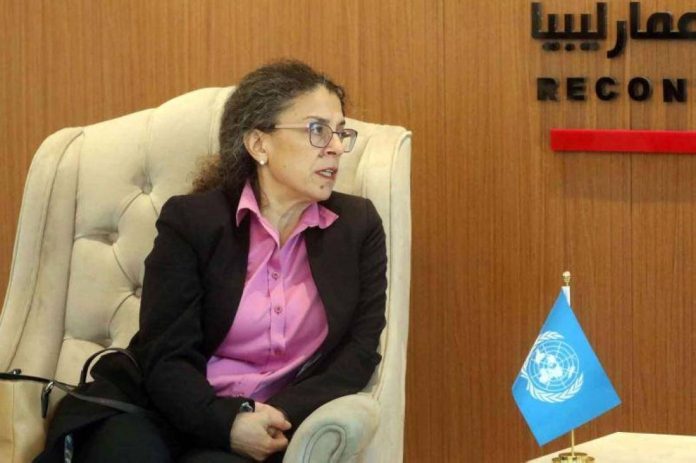The United Nations announced a new initiative to break a three-year deadlock and propel Libya toward national elections, according to AP News.
UN deputy special envoy for Libya, Stephanie Koury, told the UN Security Council that the first step of the UN mission in Libya, UNSMIL, would be to establish a consultative committee to resolve disputes and outline a roadmap for elections.
The committee will be composed of experts and respected personalities, who are reflective of the spectrum of Libyan political forces, social, cultural and geographical components.
Koury noted that the committee was not “a dialogue group to make decisions,” but would offer options for Libyan decision-makers to follow.
Libya descended into political chaos when Muammar Gaddafi was overthrown and killed in a NATO-backed uprising in 2011. As a result, the country split into eastern and western administrations.
The political crisis is also caused by the failure to hold elections on 24 December 2021 and the refusal of Prime Minister Abdul Hamid Dbeibeh, who led the transitional government, to step down. Meanwhile, the east-based Libyan parliament appointed a rival Prime Minister, who was replaced, with military commander Khalifa Hafter retaining power.
On Sunday night, Koury presented UNSMIL’s plan to overcome the political stalemate. Rivalry between armed groups for control of territory and access to Libya’s resources threatened stability, she added.
US Ambassador to the UN, Linda Thomas-Greenfield, chair of this month’s council stated that Libya needed a new political process, otherwise the country would return to violence.
We continue to believe the UN is the best-placed international actor to lead that process. We call on the entire international community to stand behind these UN-led efforts.
However, Libyan UN Ambassador, Taher El-Sonni who represented the Tripoli-based government in the west of the country said Security Council members should apologise to the Libyan people for repeating the plans with minor changes that delayed and did not lead to elections.
A national dialogue remains the ideal process to overcome the differences and to reach a consensus on general elections as soon as possible. Such consensus will address the pending issues to develop electoral laws that can be achieved and implemented.
